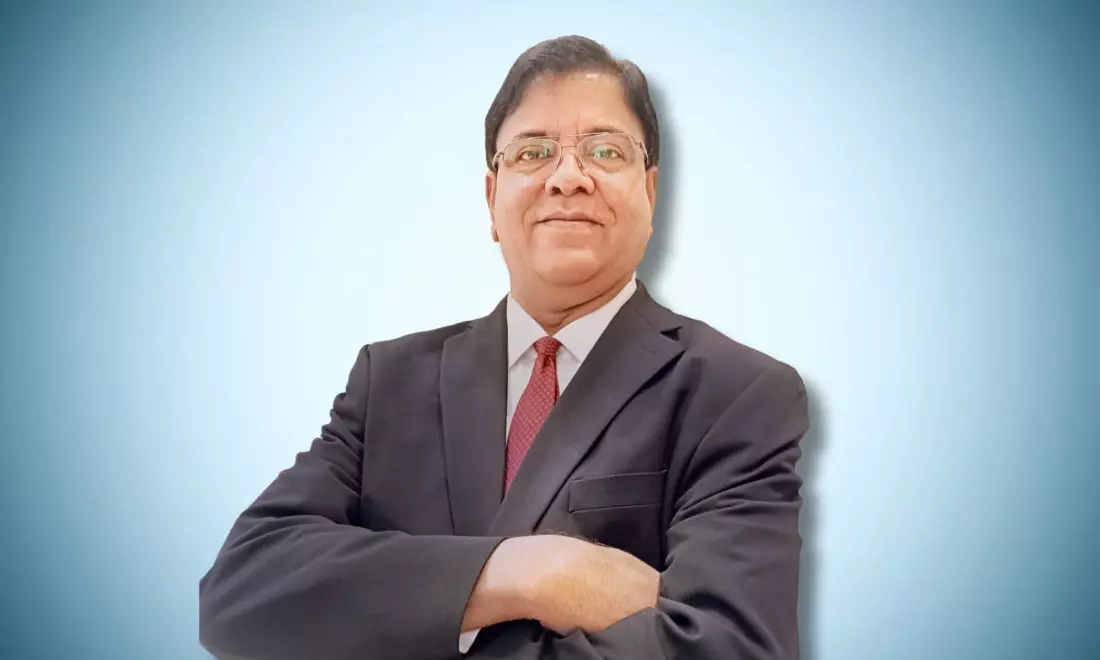CEO speaks: Zuckerberg says social media is over. What comes next?

In a moment that may well go down as a turning point in the digital age, Mark Zuckerberg, the Meta CEO, recently said, “Social media is over.” He made this dramatic declaration during testimony in a high-stakes antitrust trial at the US Federal Trade Commission (FTC). For someone who helped define the very concept of social media in the 21st century, his words have shocked the tech world. However, far from being a cry of defeat, his assertion signals something far deeper, a full embrace of a new digital paradigm that has been gradually emerging beneath the surface.
Zuckerberg’s comments reflect a candid acknowledgment that platforms like Facebook and Instagram have fundamentally evolved. Originally designed to help users connect with friends and share personal moments, these platforms now function more like content ecosystems. According to internal Meta data, the proportion of time users spend interacting with friends has steadily declined from 22% to 17% on Facebook and from 11% to 7% on Instagram in just two years. The new reality is clear: users are no longer logging in primarily to see vacation photos or birthday wishes. They are coming for entertainment, news, influencers, and AI-curated content, engaging with ideas and experiences, not just people.
This shift didn’t come as a surprise to Meta. In fact, Zuckerberg framed it as a logical, even inevitable, evolution. “The friending model,” he admitted, “has lost cultural impact.” While traditional engagement metrics have held up, the nature of that engagement has morphed. Meta’s strategy has moved from nurturing individual connections to driving discovery, content that captures attention, sparks curiosity, and fosters communities of interest. Zuckerberg described this not as a retreat from social media, but as the birth of something new, a future where entertainment, AI, and public discourse converge on digital platforms once dominated by personal sharing.
This transformation mirrors wider industry trends. The meteoric rise of TikTok, the resurgence of YouTube as a cultural touchstone, the growing role of AI in content recommendation, these have redefined what it means to be “social” online. Today, social platforms are not just virtual town squares, they are immersive arenas for short-form video, trending news, digital creators, and algorithmic storytelling. Even Apple’s iMessage and Snapchat, while once framed as social networks, are now seen as part of a broader content and communication ecosystem.
Zuckerberg’s words also come at a strategically convenient moment. Meta is embroiled in a legal battle with the FTC, which argues that its acquisitions of Instagram and WhatsApp stifled competition in the social media market. But if “social media” is no longer a discrete industry, if it has become a fluid, hybrid space of entertainment, commerce, and communication, then defining market dominance becomes far more complex. In effect, Zuckerberg is both acknowledging and leveraging this ambiguity to reposition Meta not just as a social media company, but as a foundational layer of the modern internet.
What, then, is Meta’s next act? According to Zuckerberg, it will centre around three pillars: content, community, and artificial intelligence. The traditional feed, populated by friends’ updates, is giving way to AI-powered discovery feeds that surface engaging content regardless of source. But that doesn’t mean connection is dead. Meta plans to focus more deeply on communities, interest-based groups and forums that spark real engagement around shared passions. It’s less about catching up with an old classmate, and more about joining a global group on climate action, art therapy, or startup funding.
AI, of course, will be central to this transformation. Meta is increasingly relying on intelligent algorithms to personalize feeds, recommend videos, and even manage content moderation. Zuckerberg hinted at a possible “reset” of users’ friend networks, suggesting a clean slate where relationships are no longer the default currency of the platform. Instead, content — engaging, diverse, and personalised — will be what draws users in and keeps them there.
These changes carry weighty implications, not just for users and creators, but for regulators and policymakers. For the everyday user, this new digital era may offer more engaging content, but also raises concerns around filter bubbles, misinformation, and mental health. For regulators, the challenge intensifies. The FTC must now contend with platforms that defy simple categorization, raising new questions about monopolistic behaviour in an environment that is as much entertainment and commerce as it is communication.
On deeper analysis, Zuckerberg’s declaration feels like a symbolic closing of one chapter and the tentative beginning of another. What’s emerging is a more dynamic, perhaps more impersonal digital world where discovery trumps intimacy, and where the platforms we once called “social networks” are evolving into global theatres for content, culture, and commerce.
The road ahead is uncertain. Meta must now prove that it can make this transition responsibly, balancing innovation with ethics, personalisation with privacy, community with civility. But one thing is clear: the tectonic plates of digital life are shifting. Social media, as we knew it, may be over. But in its place rises something bigger, bolder, and still in the making, a reimagined web where the lines between connection, consumption, and communication are increasingly blurred. Meta’s ability to make this pivot while maintaining trust amid antitrust scrutiny will inevitably shape the next era of digital communication.
The author is the Group CEO of Techno India Group, a visionary and an educator. Beyond his corporate role, he is also a mentor who guides students towards resilience and self-discovery



